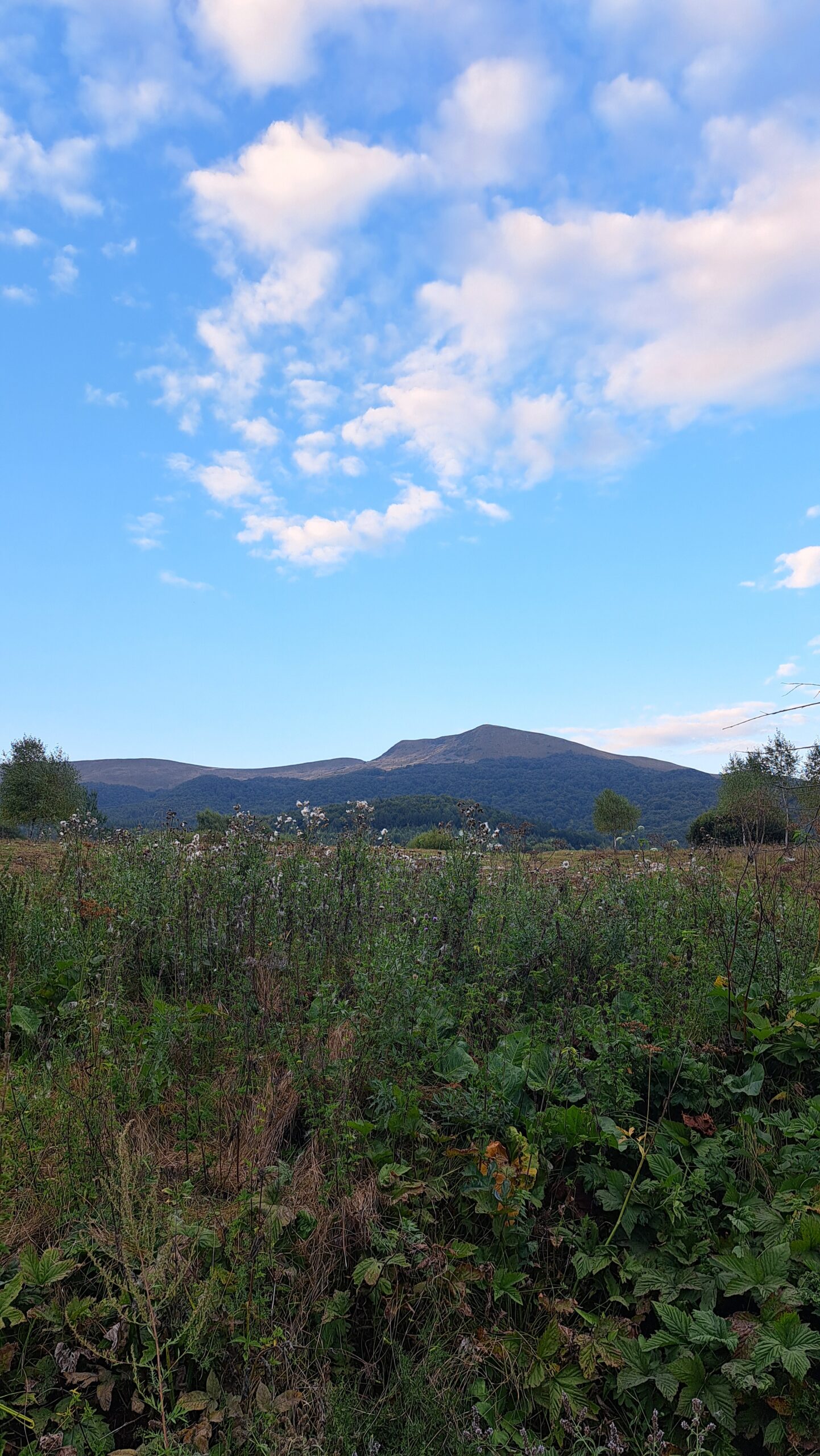The LECA project hinges on three crucial pillars: enhancing cross-border monitoring of large carnivores, reducing human-wildlife conflicts, and curbing poaching. Participants shared insights and strategies aimed not just at gathering accurate data on carnivore populations, but also at crafting effective solutions to mitigate conflicts at a Carpathian-wide scale.
The meeting served as a vibrant platform for exchanging experiences among local government officials, representatives from state forests, hunting and agricultural chambers, police, and non-governmental organisations. Their active engagement led to a rich discussion filled with valuable observations and conclusions.
Throughout the dynamic discussions, participants delved into the complexities of large carnivore populations, addressing discrepancies in data from various sources. Experts noted that, according to current scientific understanding, a small fraction of the bear population—often just a few individuals—causes the majority of conflicts. They examined intervention protocols for when large carnivores venture too close to human settlements, discussing effective responses and threat neutralisation strategies.
However, participants pointed out significant legal obstacles, such as inadequate funding for intervention groups and restrictions on certain types of weapons, which hinder effective responses. Municipalities, tasked with ensuring resident safety, also grapple with tight budgets for crisis management initiatives aimed at reducing conflicts with bears. The need for closer cooperation with the General Directorate for Environmental Protection during decision-making was underscored. Furthermore, discussions highlighted the role of human activity in attracting bears to urban areas, particularly through unsecured waste, which lures these animals and heightens fear among residents and tourists.
The meeting spotlighted successful waste management practices as a crucial strategy to deter bears and minimise conflicts. A strong consensus emerged: limiting bear access to garbage is vital for coexisting with these magnificent animals.
Protecting large carnivores is no small feat; it demands collaboration and commitment from a diverse array of stakeholders. Developing effective strategies to minimise conflicts and implementing proactive measures is essential—after all, prevention is the best cure. Improving waste management in bear-inhabited areas stands out as a necessary ongoing effort, with organisations like the WWF Poland Foundation already making strides by providing bear-proof containers to Carpathian communities.
Participants left the meeting with a sense of hope that this dialogue with farmers and residents would foster lasting collaboration in devising methods to mitigate human-predator conflicts. Effective nature protection must integrate the voices of local communities, ensuring that proposed solutions gain broad acceptance and support.
We extend our heartfelt gratitude to everyone who participated in this important meeting. Your commitment and openness to discussion were invaluable, yielding insights that will guide our efforts not just within this project, but will also inspire our strategic direction for years to come.
